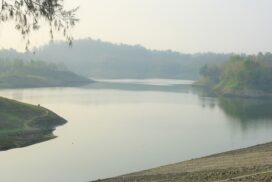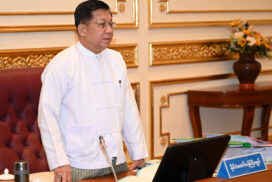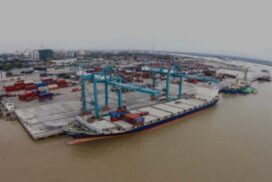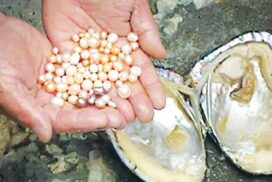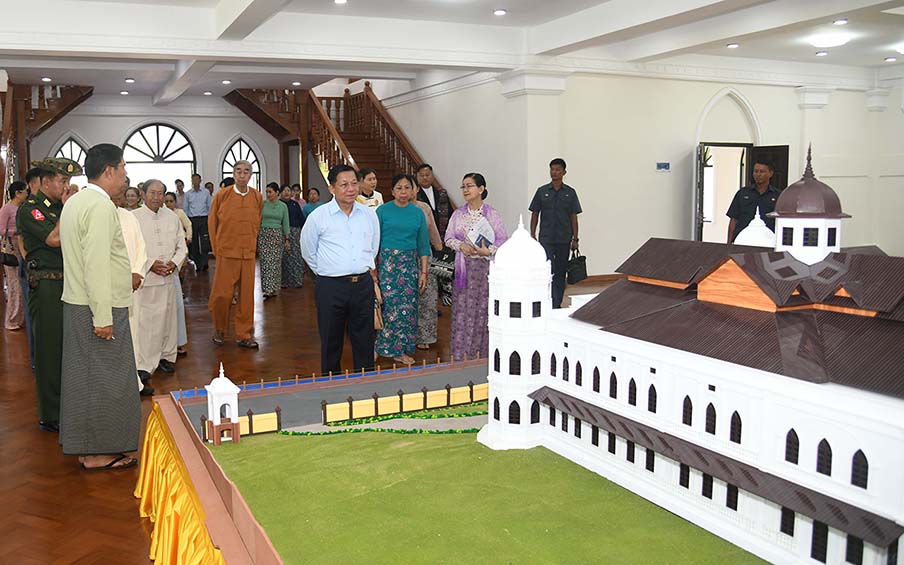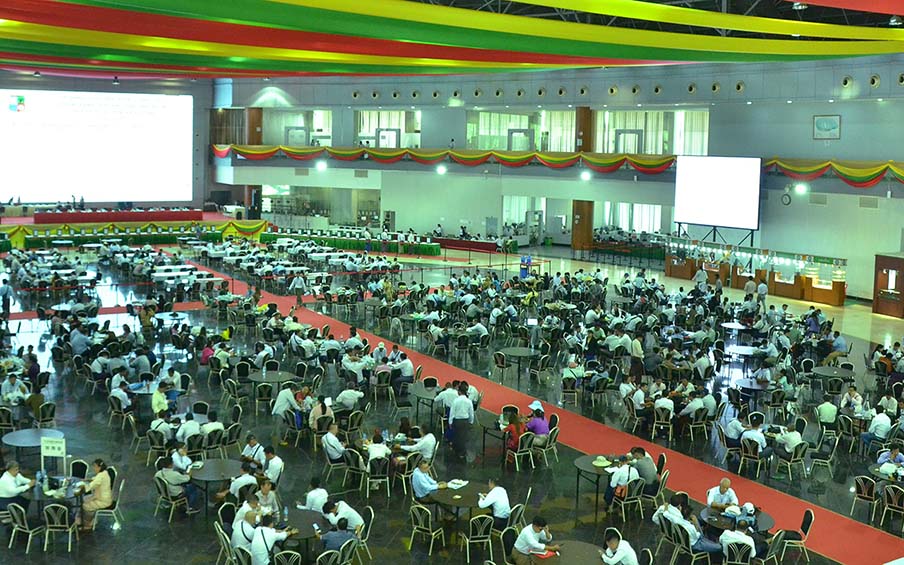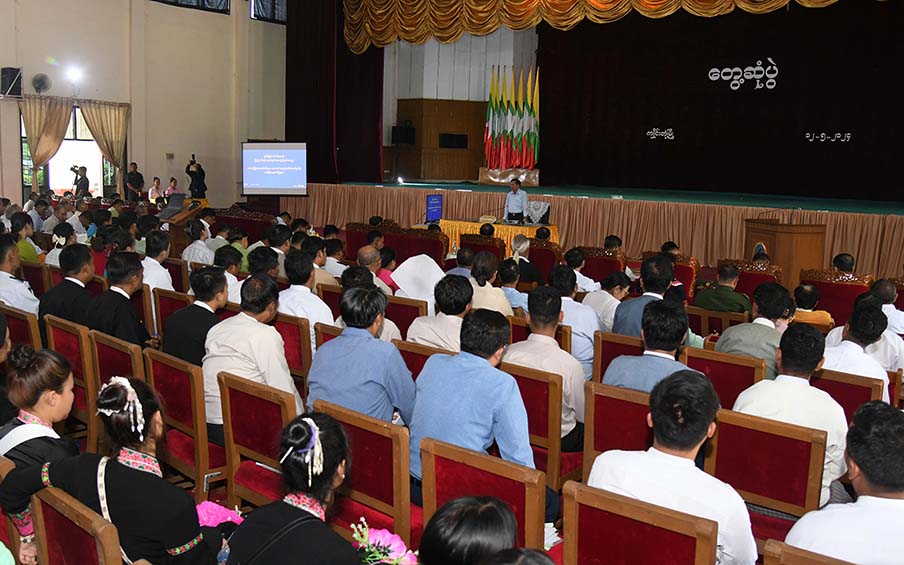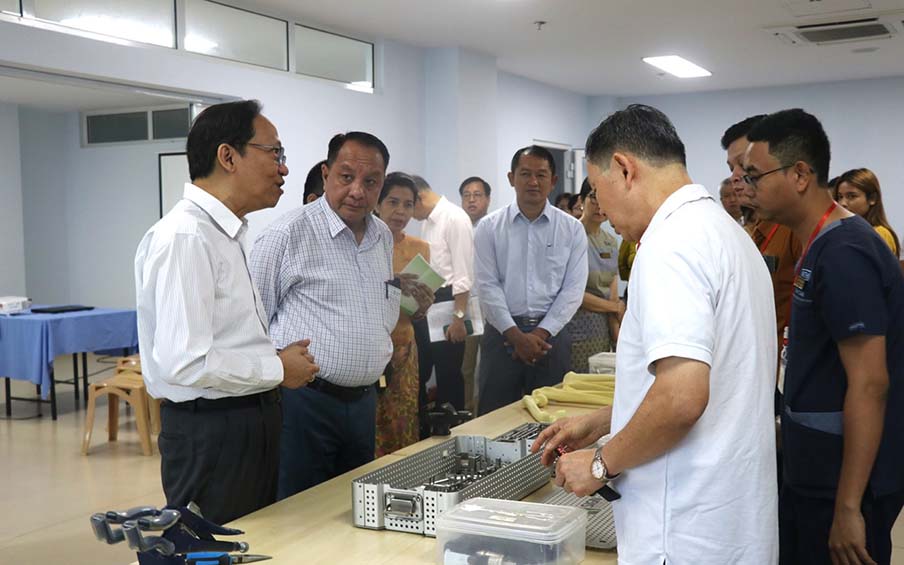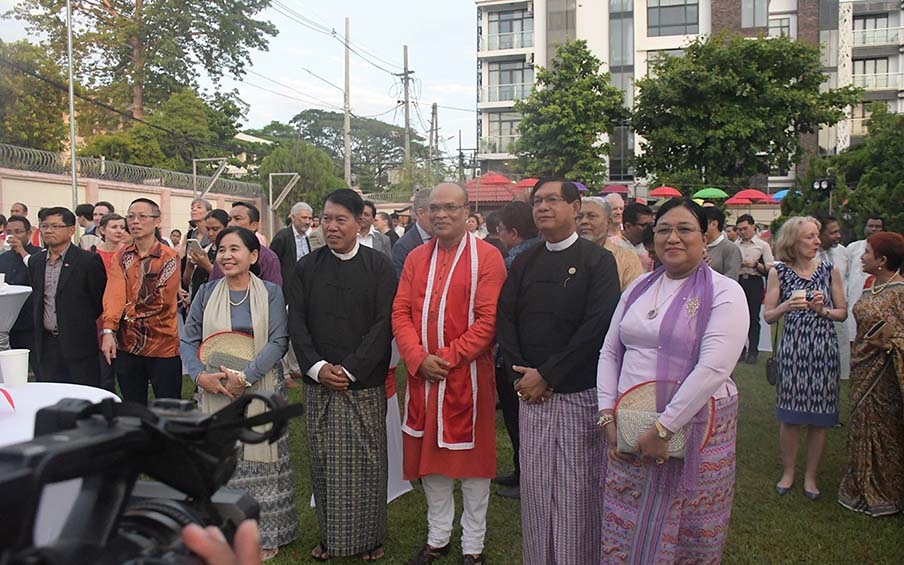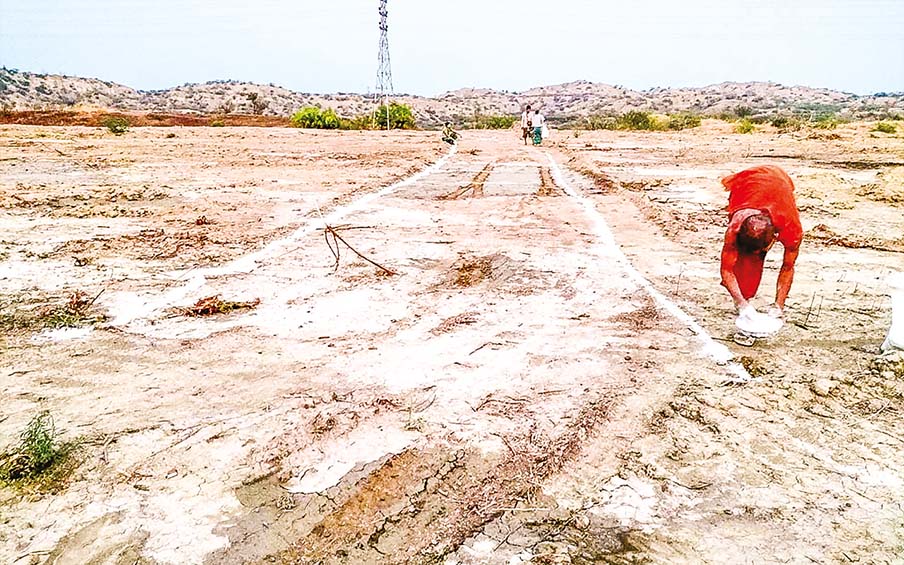In pursuit of national prosperity, food security, and overall economic development, the government is strategically focusing on three key economic objectives: the enhancement of the agricultural sector, overall economic development, and the promotion of exports. Recognized as a reliable catalyst for the state’s economic progress, the agriculture sector plays a pivotal role in shaping the socioeconomic landscape.
To achieve the ambitious targets set for sown acreage, it is imperative to cultivate various crops such as paddy, oil crops like groundnut, sesame, and sunflower, and industrial crops including cotton, sugarcane, coffee, pulses, beans, and corn. The current season calls for the cultivation of summer paddy and other crops across the nation.
To address water scarcity, the government has invested in a robust infrastructure comprising 246 dams, 144 reservoirs, 72 lakes, 199 sluice gates, and 219 water pumping stations, totalling 880. These measures ensure the irrigation of more than 3.1 million acres of crops, enhancing the agricultural sector’s resilience. At an opportune time, farmers need to grow double, triple and mixed crops in addition to applying the mono-cropping pattern depending on favourable weather. If so, their efforts will be a tool to improve their living standard.
In tandem with the objective to increase per-acre yield, farmers have devoted 17 million acres to paddy, 10.57 million acres to pulses and beans, 8.24 million acres to oil crops, 1.6 million acres to corn, and 0.52 million acres to cotton in the 2023-24 financial year. Doubling efforts in the cultivation of paddy, pulses, and oil crops in the upcoming agricultural season is crucial to propelling the state’s economy.
Myanmar, ranking eighth among the world’s top 10 rice-exporting nations, exports 2.1 million tonnes of rice annually, generating an impressive US$800 million. In the first ten months of the current financial year alone, the country has already earned $574 million from rice and broken rice exports. This highlights the pivotal role of the agricultural sector in contributing significantly to the national income.
It is essential for all stakeholders, especially farmers, to recognize the agricultural sector as the lifeline for the nation’s income generation. Collaborative efforts are crucial to improving agricultural production for both domestic consumption and export purposes. As Myanmar continues to make strides in the global agricultural landscape, fostering unity and cooperation will be instrumental in realizing the full potential of the agriculture sector for the benefit of the entire nation.
Promote State economy through agricultural growth
- March 08, 2024
- 104


